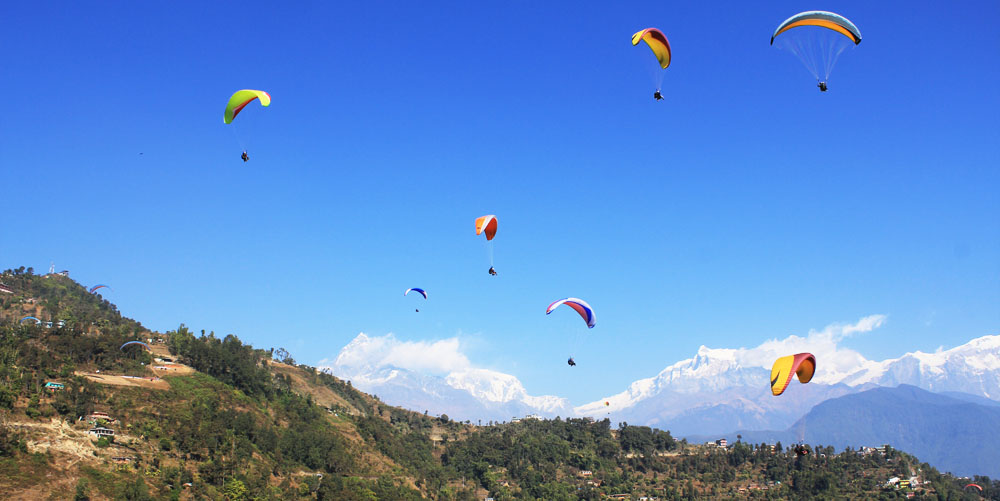20 January 2015 : Â The words of Fifa secretary-general Jerome Valcke in the fraught build-up to Brazil 2014 may have surprised some people, but they serve as a reminder that sport’s relationship with democracy is an uneasy one.
Formula 1 supremo Bernie Ecclestone is another powerful sporting figure who has made no secret of his preference for totalitarianism.
The billionaire provoked outrage in 2009 when he spoke of his admiration for Adolf Hitler for “getting things done”.
And yet, ever since ancient Greece, the birthplace of both democracy and the Olympics, sport and self-rule have had a close relationship.
As Professor Paul Christesen points out in his book Sport and Democracy in the Ancient and Modern Worlds, there was a correlation between the advent of mass sports participation on the playing fields of 19th Century Britain and the granting of political rights to the middle class.
Self-governed “horizontal sport”, as Christesen puts it, promotes the concept of teams and clubs, levelling social relations between people and acting as a force against discrimination.
At a fundamental level, sport can help us to trust others, encouraging us to adhere to rules without the need for excessive coercion.
Free societies cannot be too controlling of course, so sport’s requirement for participants to be willing to stay within the rules can have a strong democratising effect.
Source : BBC Sport







